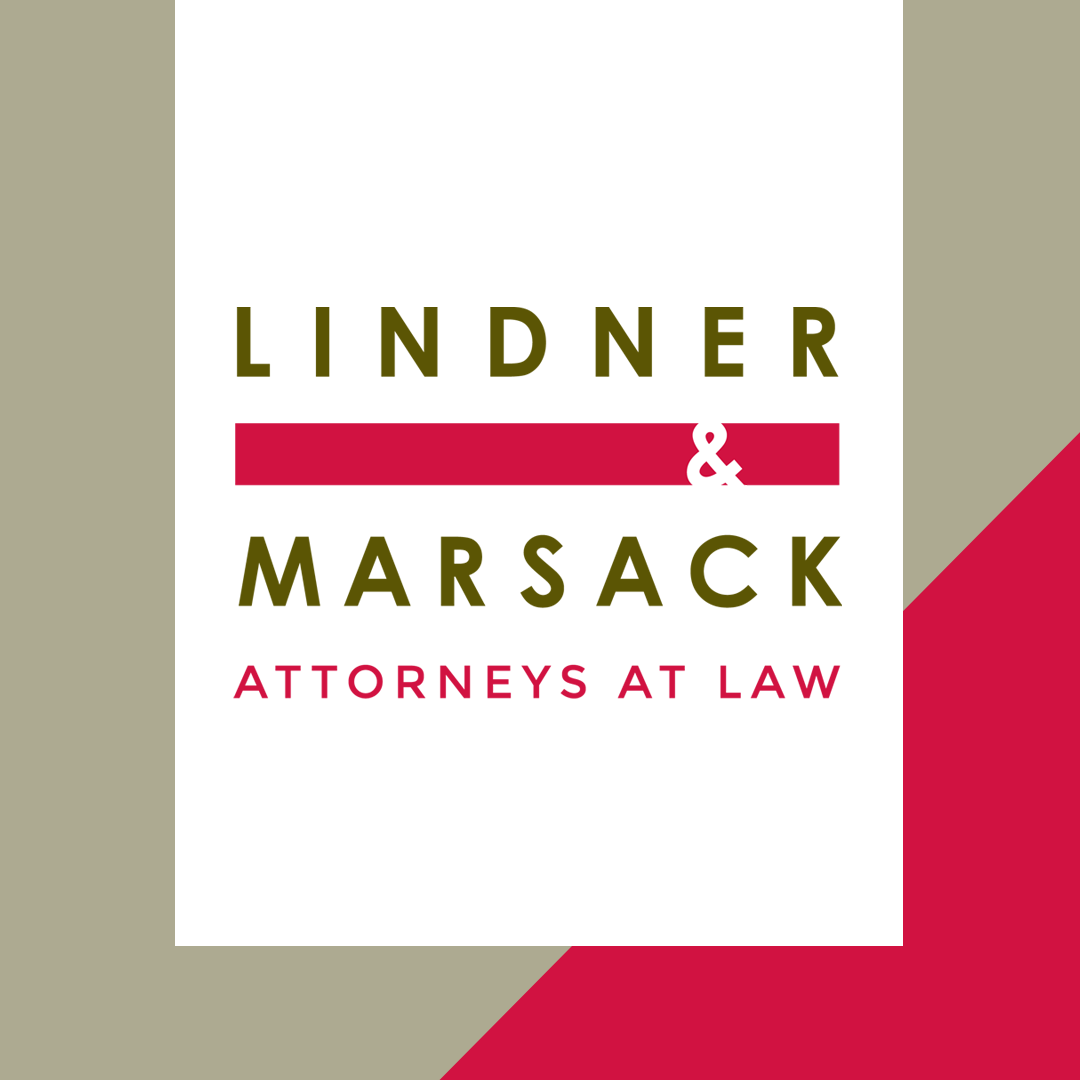By: Sally A. Piefer December 22, 2020 Last evening the legislature approved a new COVID-19 stimulus/relief bill. The bill is expected to be signed by the President soon. Many employers have wondered whether the legislature would extend FFCRA leave, specifically the emergency paid sick leave (EPSL) and emergency family and medical leave (EFMLA) provisions as […]

FFCRA LEAVE TO EXPIRE
Leave a reply
